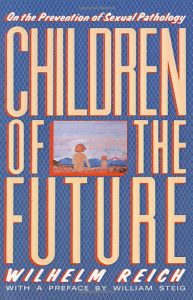by Andreas Peglau[1]

Im Auftrag der Firma. Geschichte und Folgen einer unerwarteten Liaison zwischen Psychoanalyse und militärisch-nachrichtendienstlichen Netzwerken der USA seit 1940 (On behalf of the company. History and consequences of an unexpected liaison between psychoanalysis and military-intelligence networks of the USA since 1940) by Knuth Müller.
Psychosozial-Verlag Gießen 2017, 2 volumes, together 1,157 pages. With a foreword by Klaus-Jürgen Bruder. € 99.
Unpolitical psychoanalysis?
The psychoanalyst Felix Schottlaender wrote in 1931: „Psychoanalysis is of course ‚apolitical‘. It […] is […] a natural-scientific discipline which, by its very object of research, can enter into the great social questions only as an impartial authority serving the truth.“[2]
Thus Schottlaender was in line with Sigmund Freud who increasingly wanted to see the doctrine he founded as an objective „research method, an instrument without partiality“[3]. „Psychoanalysis is also a natural science. What else should it be?“ asked Freud shortly before his death.[4]
After all, he never wanted his creation to be reduced to a mere treatment technique.
But this is exactly where the journey was headed. Weiterlesen →


